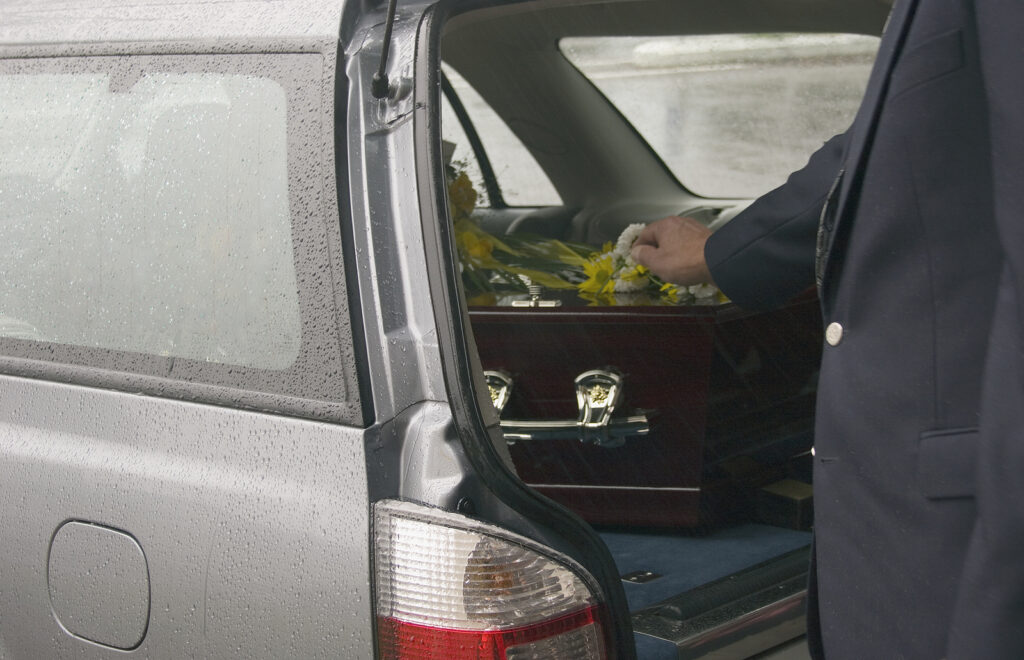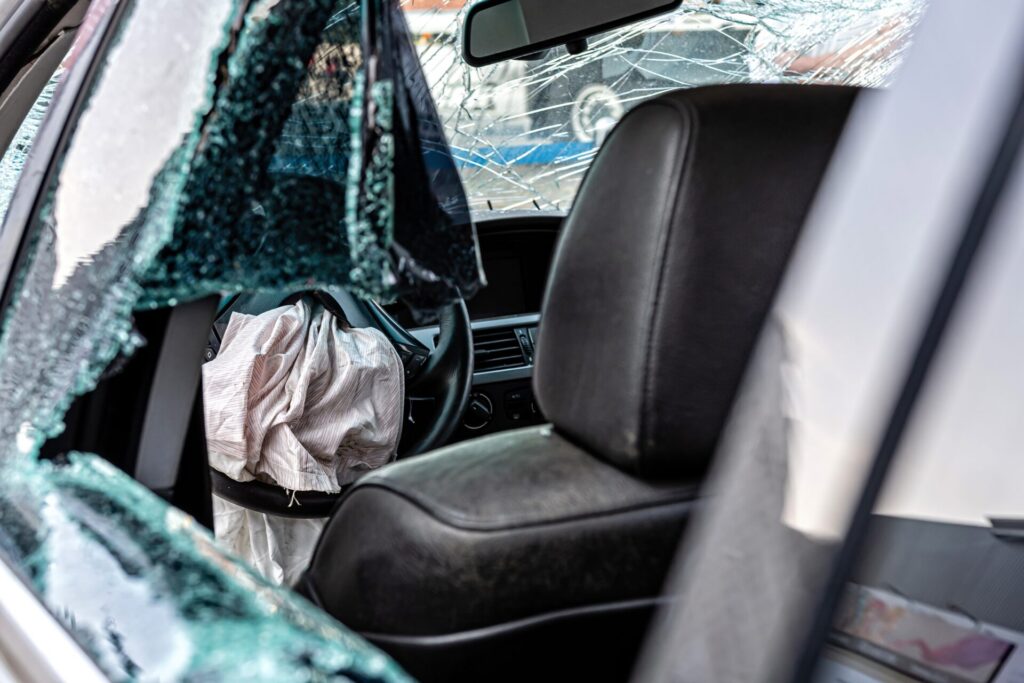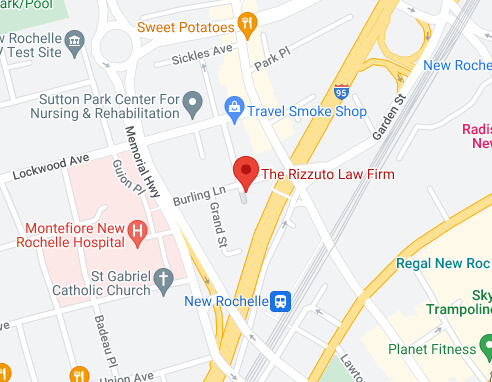When someone enters a nursing home, their family and friends want the best for them. They want their loved ones to be treated with as much care and support as possible. When evidence appears that suggests that the nursing home isn’t providing that care and support, it’s not surprising that family and friends want to take action to fix the situation and prevent it from happening to anyone else. Here’s what you need to know about holding nursing homes accountable in New York.
How Are Nursing Homes Required to Take Care of Residents in New York?
In New York, nursing homes are legally required to maintain minimum standards for the safety and well-being of their residents. If a resident is harmed mentally or physically due to the nursing home staff acting intentionally or negligently, the nursing home could be charged with abuse or neglect.

- The nursing home may have inadequate numbers of staff, poorly or improperly trained staff, or poorly or unsupervised staff.
- The nursing home itself isn’t properly maintained, leading to dangerous conditions.
- The nursing home put a patient in restraints to punish the resident or to make the employee’s work easier, not because the patient was a danger to themselves or anyone else in the home.
What Constitutes Negligence or Abuse in a Nursing Home?
There are too many variables to list here, but these are everyday situations that could be investigated for negligence or abuse.
- A lack of nutrition and hydration. Suppose a patient is frequently dehydrated (which can cause several medical problems on its own) or loses unexpected weight. In that case, the nursing home may not provide adequate food and water to the residents.
- Medical issues. This can involve anything from giving the resident the wrong medication or dosage (or not giving medications at all) to not ensuring the resident gets medical treatment when needed.
- Proper care for bedridden patients. When people cannot walk or easily move themselves, they require extra care to ensure they don’t develop bedsores.
- The resident has unexplained bruises, cuts, or scrapes.
- The resident appears fearful of certain staff members or afraid to discuss anything that’s going on in the nursing home.
- The resident appears depressed. This can be difficult, as depression is not uncommon for many reasons. But if a loved one had previously seemed content with life and suddenly becomes depressed and withdrawn, it could be worth investigating.
- The nursing home itself doesn’t appear to be well taken care of. For example, bed linens are dirty or clearly haven’t been changed regularly, the resident doesn’t appear to have been bathed, there are burned-out lights that aren’t replaced, etc. This is relevant throughout the facility, not just in the resident’s room.
- The staff appears angry or cold. If staff members are heard berating or saying hurtful things to residents, it’s time to contact an experienced nursing home abuse attorney.
What Is Needed to Hold a Nursing Home Accountable for My Loved One’s Injuries?
Nursing home injury cases can be complex and challenging to pursue. How the case is approached depends on if the injuries were due to negligence or appeared to have been intentional. In the case of negligence, four things must be proven.
- Duty of care. The nursing home owed the resident a safe environment that did not present a danger to them.
- Breach of duty of care. The nursing home did not provide that safe environment, either deliberately or through omission.
- Causation. The breach of the duty of care directly caused the injury.
- Damages. Damages were sustained because of the breach of duty that led to actual costs to the resident, such as medical bills.
When it comes to proving either intentional or neglectful injury, there are several types of proof that can be sued.
- Medical records. A doctor can evaluate the resident’s injuries and provide advice as to the likely cause of the injury and damage.
- Photos and videos. Loved ones can take photos and videos showing anything from the resident’s bedsores to residents unfairly restrained to poor hygienic conditions to dirty bed linens or clothing. Anything that appears wrong should be documented, even if the loved one isn’t sure it constitutes abuse or neglect.
- Witnesses. If other residents, visitors, or staff members are willing to report what they witnessed, that can be valuable to the case.
- Paperwork. Anything from insurance claims to staff reports about the resident’s injury can be helpful.
What Should I Do if I Need Help if a Loved One Was Injured in a Nursing Home?
Call the Rizzuto Law Firm as soon as possible at 516-622-0606 for a free case evaluation. We understand how important it is for you to seek justice on your loved one’s behalf. We can walk you through the possible outcomes of pursuing action and advise you on the next steps.

It’s possible that the nursing home’s lawyer or insurance agent may try to contact you. It’s best if you don’t respond in any way. They want to try to reduce their liability, or they may try to get you to accept a much lower settlement than you might receive by pursuing legal action. Don’t respond, but forward all communications to your attorney.





